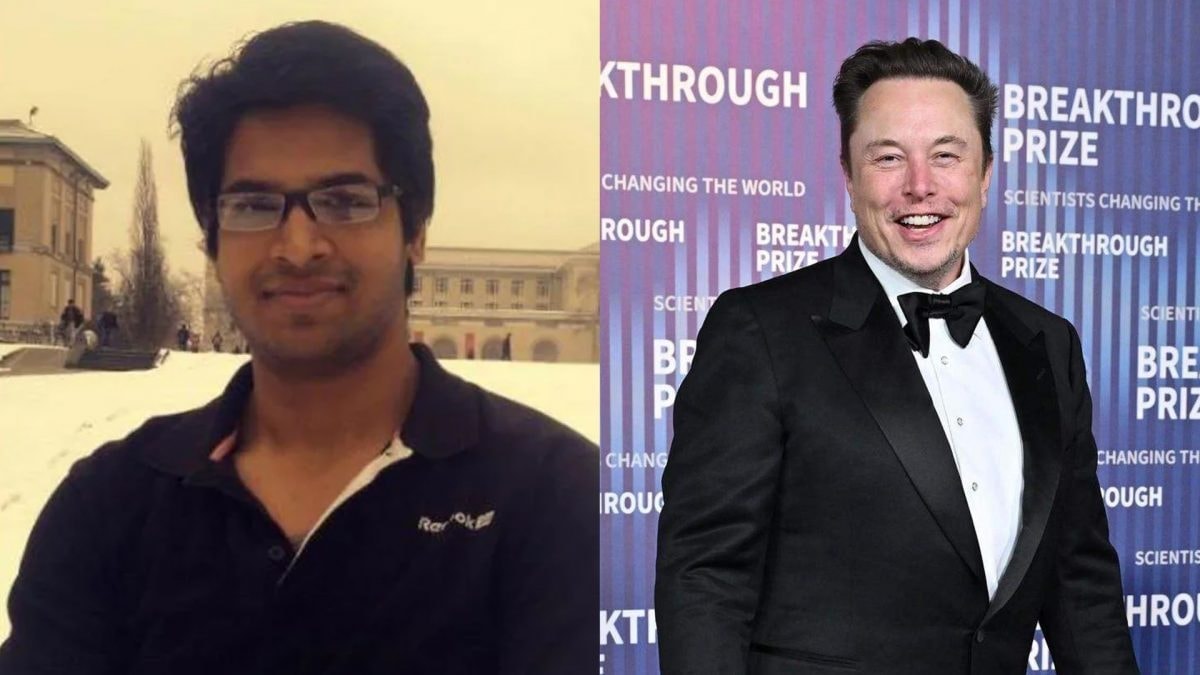

In a recent leadership shift at Tesla, Ashok Elluswamy, currently leading Tesla's Autopilot teams, is set to take over the reins of the Optimus robot project. This transition follows the resignation of Milan Kovac, the previous head of the Optimus program, who cited personal reasons, specifically a desire to spend more time with family abroad, as the primary motivation for his departure. Kovac, who has been with Tesla for over nine years and led the Optimus program since 2022, confirmed his decision in a social media post, expressing his full support for Elon Musk and the Tesla team.
The change in leadership comes at a crucial time for Tesla as the company is heavily investing in robotics, artificial intelligence, and autonomous driving technologies, viewing them as key pillars for its future growth, especially as the electric vehicle market faces increasing competition. CEO Elon Musk has emphasized the significance of the Optimus project, envisioning a future where humanoid robots play a major role in various aspects of life, from manufacturing to household tasks. Musk has even suggested that Optimus could become Tesla's "biggest product ever," with potential consumer availability at a price range of $20,000 to $30,000.
Ashok Elluswamy's appointment signals Tesla's continued commitment to advancing its robotics and AI capabilities. Elluswamy, praised by Musk as one of the "key people" in Tesla's AI operations, brings a wealth of experience in developing autonomous driving algorithms and optimizing systems. His expertise in the Autopilot system, where he has been instrumental in multiple upgrades, makes him a suitable candidate to lead the Optimus project forward.
However, the transition also presents potential challenges. Kovac's departure represents a loss of institutional knowledge for the Optimus program, and Elluswamy will need to navigate a potentially steep learning curve in the robotics field. Moreover, the Optimus project faces external pressures, including supply chain constraints due to China's export restrictions on rare-earth magnets, which are critical components for electric motors. These restrictions have already impacted the production timeline of the robots.
Despite these challenges, Tesla remains optimistic about the future of Optimus. The company plans to begin manufacturing the robots on the Fremont test line by 2025 and gradually expand their use in its factories. Musk has set ambitious goals for the project, expecting to have thousands of Optimus robots working in Tesla's facilities by the end of the year and millions of units per year by the end of the decade.
The Optimus robot has been a subject of much interest and scrutiny, with investors closely monitoring its development and capabilities. Tesla has showcased prototypes of the robot at various events, demonstrating its ability to perform tasks such as tending bar and interacting with guests. While early prototypes required remote human control for some functions, Tesla continues to make progress in improving the robot's autonomy and dexterity.
As Ashok Elluswamy takes charge of the Optimus project, the focus will be on maintaining momentum, overcoming operational challenges, and realizing Elon Musk's vision of a future where humanoid robots play a significant role in our lives. The success of Optimus could have a profound impact on Tesla's long-term valuation and its position as a leader in both the automotive and robotics industries.